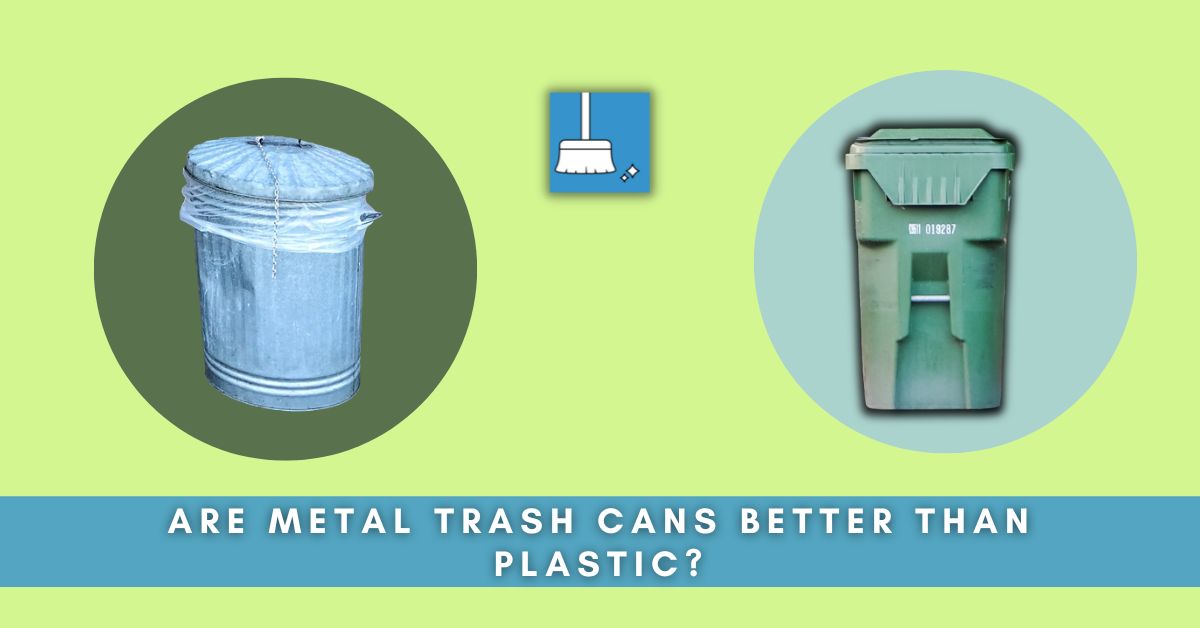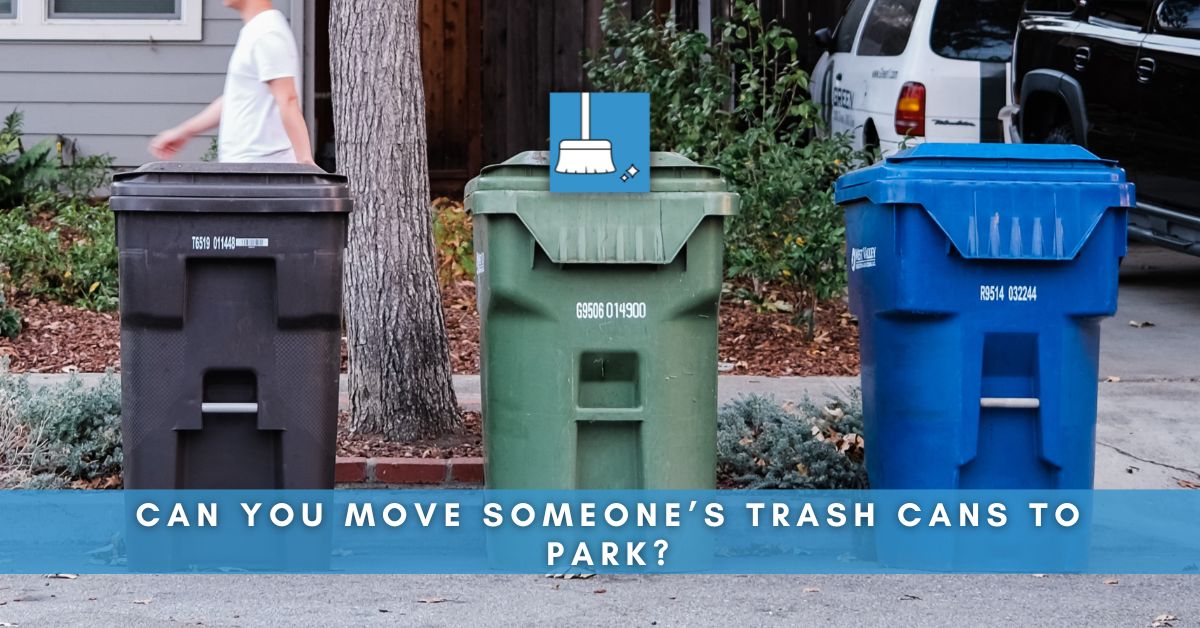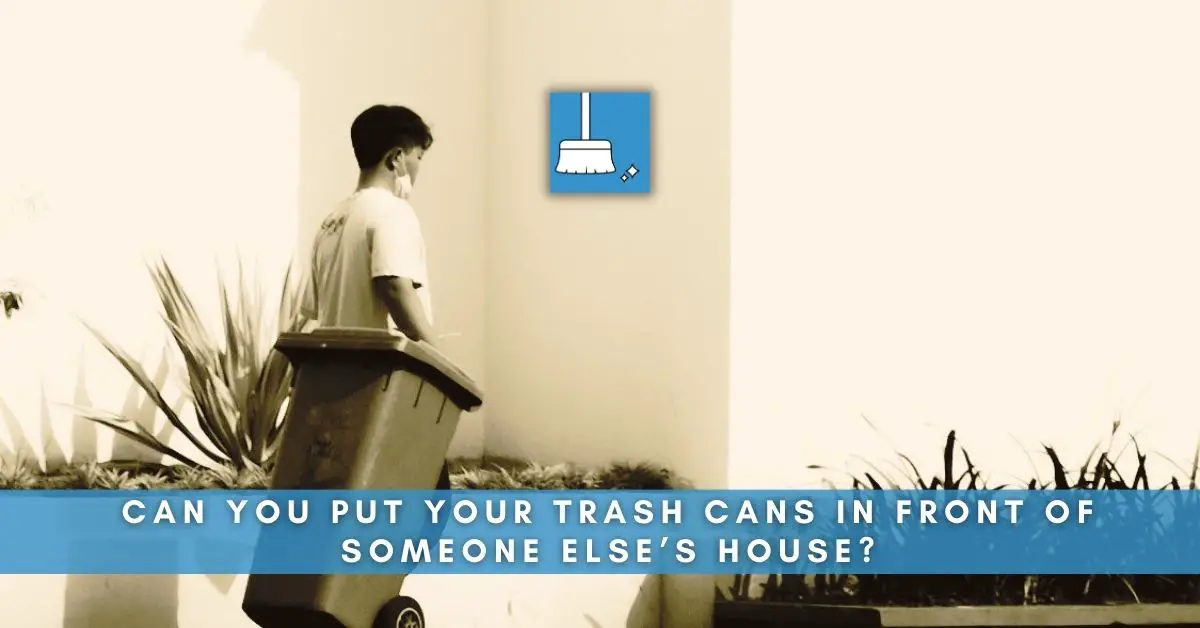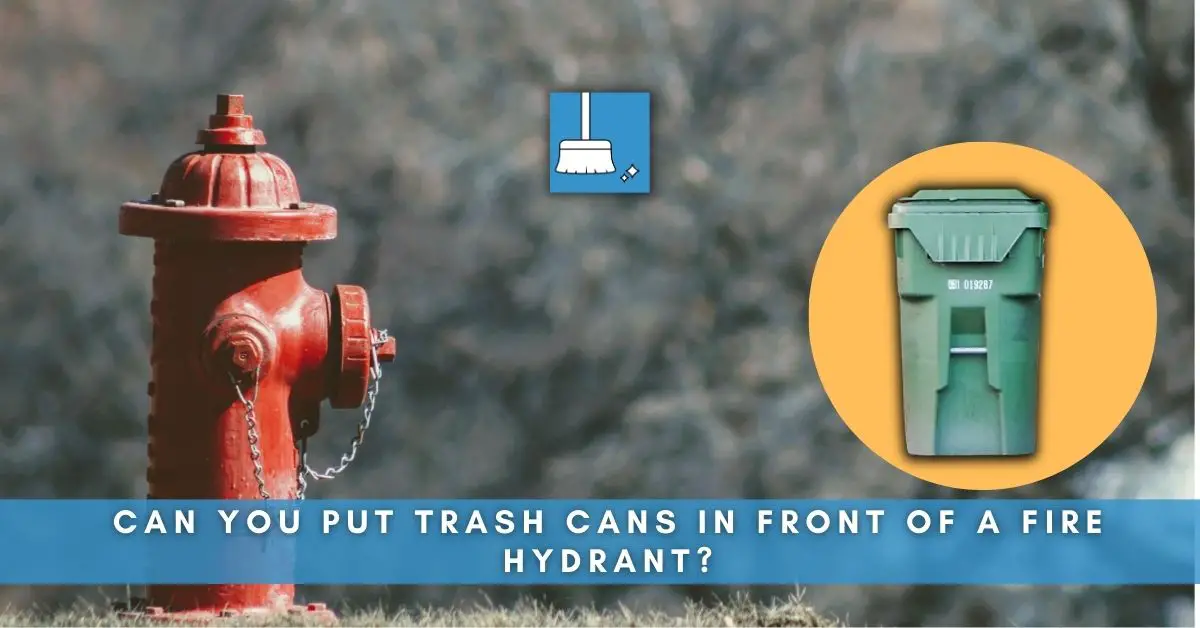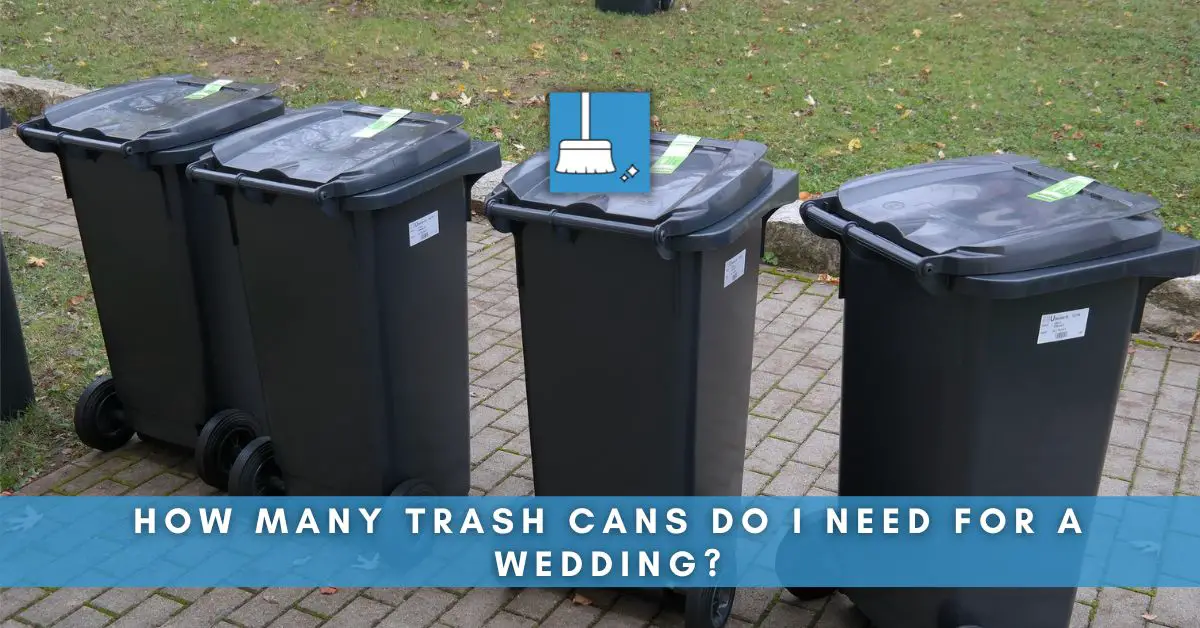Choosing the material for your trash can may not seem all that important, but it can have a significant impact on its durability, cost and maintenance. Trash cans are, without a doubt, necessities in every household, office and every public space. But are metal trash cans better than plastic? Today, we’ll look into the pros and cons of both materials to help you make an informed decision.
Metal Trash Cans vs. Plastic Trash Cans
With plastic and metal being the two main options, the debate on which of these materials makes for a better can is ongoing.
While plastic trash cans are often more economical, lightweight and easy to maneuver, they’re indeed less durable than their metal counterparts. Plastic cans could absorb food odors over time and may need frequent emptying. However, they’re an excellent fit for smaller spaces.
On the other hand, metal trash cans, usually stainless steel, are renowned for their durability. They’re sturdy, robust, and have a wide range of sizes accommodating different space requirements. While they’re ideal for both indoors and outdoors, some metal cans could develop rust if exposed to water or a humid environment.
Here’s a simple comparison:
| Metal Trash Cans | Plastic Trash Cans | |
|---|---|---|
| Durability | High | Moderate |
| Cost | Generally more expensive | Economical |
| Weight and Mobility | Heavy, less mobile | Lightweight, easy to maneuver |
| Maintenance | May rust in certain conditions | Easy to clean |
| Odor Absorption | Low | High |
The Importance of Choosing the Right Trash Can Material
The choice between a metal and a plastic trash can largely depends on one’s specific needs. Factors to consider include placement location, the frequency of garbage disposal, environmental conditions, among others.
Choosing The Ideal Trash Can For Your Business: Plastic vs. Steel
When it comes to selecting the ideal trash can for a business, the primary choices are often between plastic and steel options. Both these variants carry with them a unique set of pros and cons that must be considered.
Let’s compare these two types in a brief table for a clearer understanding.
| Material Type | Strengths | Weaknesses |
|---|---|---|
| Plastic | Lightweight, easy to manage and clean | May absorb food odors, need frequent emptying |
| Steel | Strong and durable, come in varied sizes | Susceptible to rust in humid conditions |
Benefits of Plastic Trash Cans
Affordability and Cost-Effectiveness: Undeniably, plastic garbage cans are generally more affordable than their metal counterparts. This cost-effectiveness, combined with their durability, makes them a pocket-friendly option for many.
Lightweight and Easy to Move: The lightweight nature of plastic trash cans makes them easy to maneuver around, especially when it comes to locations like offices or homes where they might need to be moved often.
Resistance to Rust and Corrosion: Unlike metal cans, plastic ones are resistant to rust and corrosion, which gives them an edge when it comes to durability. Plus, many are designed to avoid dents and scratches, which can be commonplace with metal cans.
Benefits of Steel Trash Cans
These trash cans are usually more sturdy and durable, suitable for both indoor and outdoor use. They offer greater variety in sizes catering to various workspace requirements. However, some may be susceptible to rust in humid environments.
Factors to Consider When Choosing Between Metal and Plastic Trash Cans
Here are some factors to consider when making this important decision:
1- Usage and Environment
Metal trash cans are generally more robust and endure heavy loads without breaking. These cans like Steel, stand the test of time and can accommodate varying workspaces due to size diversity. They are excellent for both indoor and outdoor environments.
However, where water sources and humid environments exist, the possibility of rust needs to be considered.
On the other hand, plastic trash cans, over time, can absorb food odors, making it less ideal for locations where food disposal is frequent.
2- Budget Considerations
While only a factor depending on the quantity and use, metal bins can be costlier than their plastic counterparts. However, the enhanced durability and longevity of metal trash cans could develop into long-term savings.
3- Aesthetic Appeal and Design
Metal and stainless steel trash cans often provide a sleeker design and come in various sizes, suitable for any workspace, from offices to factories.
Conversely, plastic bins are usually limited in their shape options but can be an ideal choice for smaller spaces.
Comparison for Commercial Settings
Let’s examine the effectiveness of metal and plastic trash cans in commercial settings:
Metal Trash Cans: Often seen in commercial spaces, metal trash cans are acknowledged for durability and sturdiness. They can withstand both indoor and outdoor use, making them versatile.
Moreover, metal bins come in varied sizes to suit diverse workplaces. However, rust could be an issue if placed near water sources or humid environments.
Plastic Trash Cans: Plastic cans, while not as durable, are lighter, making them simpler to handle and clean. They resist vandalism and prove easier to maintain, especially valuable in fast-paced operations like restaurants where they also help avoid scratches, dents, and rust.
Also, they can fit nicely in smaller spaces, but they may need emptying more often due to their smaller capacity. However, be aware that plastic can absorb food odors over time.
However, plastic can absorb food odors over time if used in food disposal areas.
Environmental Impact of Metal and Plastic Trash Cans
When considering the environmental impact of everyday items, the material from which they are made plays a significant role. Several factors come into play, such as their recyclability and the energy consumption in their production.
Recyclability and Sustainability
Both plastic and metal trash cans have their pros and cons when it comes to environmental impact.
For instance, aluminum cans are often celebrated for their high recyclability, boasting an average of 68% recycled content compared to just 3% for plastic, as the United States Environmental Protection Agency data shows.
However, plastics, particularly when repurposed correctly, aren’t without their merit. While they degrade slower, certain types of plastics can persist for centuries, providing a long-term usage potential that should not be discounted.
Carbon Footprint and Energy Consumption
In terms of energy consumption during production, plastic appears to be a more sustainable choice compared to metal.
Producing 1 kg of polyethylene plastics results in approximately 4 kg of CO2 emissions, whereas the same amount of aluminum manufacture leads to 10.63 kg of CO2 emissions.
References
https://www.thesheetalgroup.com/blog/importance-of-choosing-the-right-trash-can
https://trashcansunlimited.com/blog/how-to-buy-the-right-indoor-trash-can/
https://us.glasdon.com/knowledge-hub/the-move-away-from-the-metal-trash-can
https://goaptive.com/pest-proof-your-garbage-can
https://www.bosheen.com/what-are-the-advantages-of-using-a-metal-trash-bin.html
https://www.buschsystems.com/blog/blogs/what-to-look-for-outdoor-bins/

